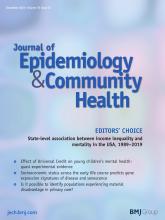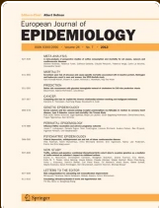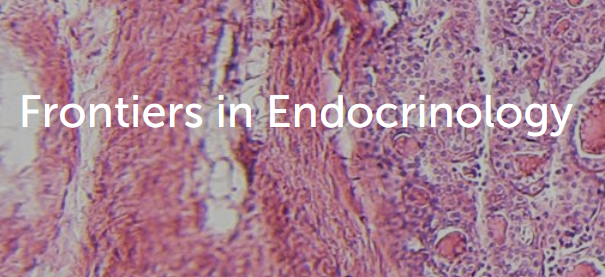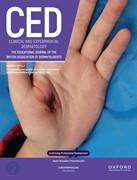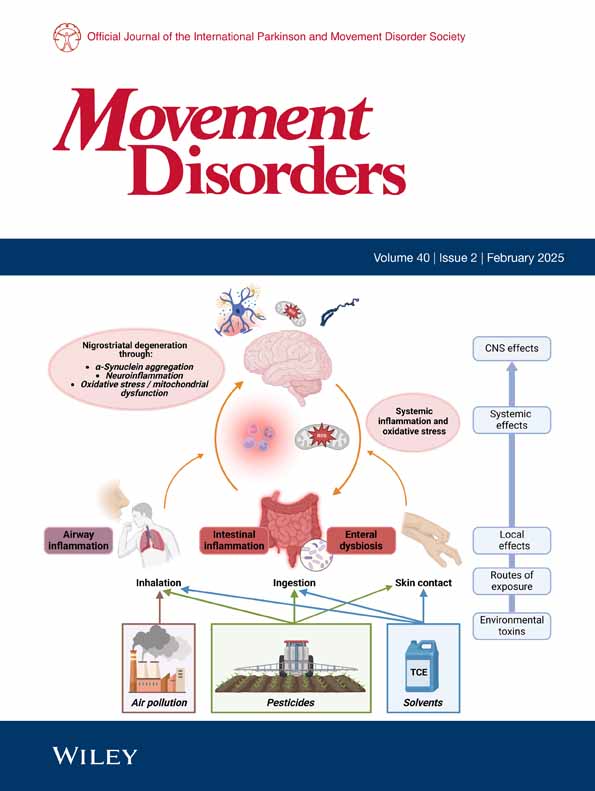Evolution of the risk of death and hospitalisation in drivers involved in road crashes in spain, 1993–2020: an age-period-cohort analysis
Background A prerequisite for understanding temporal changes in road crash severity is an unbiased description of this phenomenon. The aim of this study was to estimate the independent association trends of age, period and cohort with severity, encompassing the risk of death (RD) and the risk of death or hospitalisation (RDH) within 24 h, for drivers…





